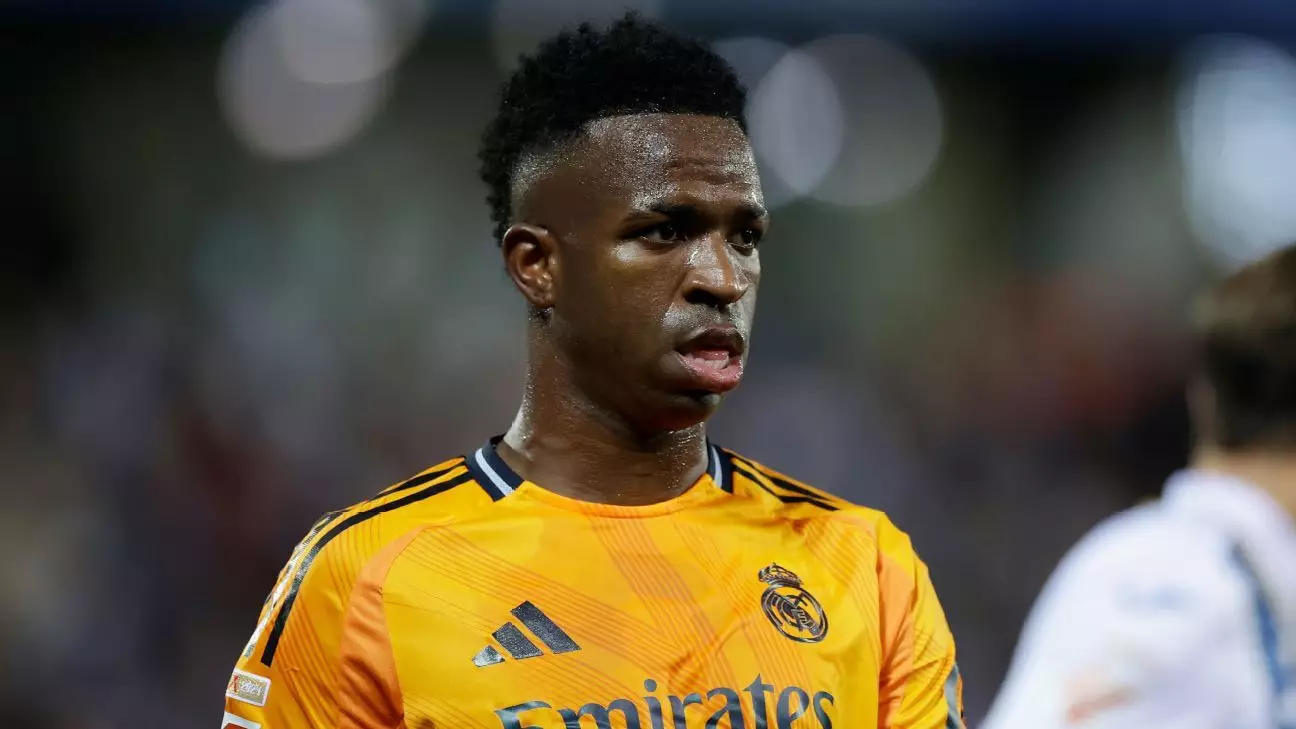In the world of football, the pressure on coaches can be relentless, with public scrutiny often unforgiving. Carlo Ancelotti, the seasoned manager of Real Madrid, finds himself at a crossroads as he contends with a wave of criticism following a string of disappointing performances. Two losses out of three matches have led to a decline in the team’s standings, and doubts have started to surface about his strategies and effectiveness at a club renowned for its high expectations.
The Burden of Accountability
Ancelotti, who previously guided Real Madrid to success by securing both the LaLiga and Champions League titles last season, is acutely aware of the spotlight that coaches inhabit. In a recent press conference, he remarked on the inevitability of criticism that comes with such a prestigious role, stating, “As is always the case in football, the coach is the most responsible, and that is where the criticism falls.” This acknowledgment reflects a fundamental aspect of sports—coaches are often seen as the chief architects of their team’s fortunes, and when things start to falter, they are the first to face the music.
However, while he embraces this accountability, Ancelotti also suggests that media scrutiny can sometimes feel excessive. “I think I am getting too much criticism, which could mean that you [the media] are tired of me,” he stated. This sentiment illuminates a crucial aspect of the coaching profession: the line between accepted critique and an overwhelming barrage that can undermine a manager’s authority and morale.
Critique, particularly in high-stakes environments like top-tier football, can transcend professional feedback and delve into personal attacks. Ancelotti expressed his frustration about criticisms that go beyond tactical analyses, stating, “It can affect you, especially when the dig affects a person’s identity.” This perspective is vital, as it underscores the need for a balanced approach to evaluation in sports journalism, where commentary should focus more on performance than personal attributes.
Moreover, Ancelotti emphasizes the difference between constructive criticism and derogatory remarks that target an individual’s character. His distinction—between evaluating a decision or team selection and denigrating someone’s fundamental worth—highlights the broader challenge of maintaining one’s identity amid external judgment. This is a significant reminder that athletes and coaches are not just public figures; they are individuals with feelings, subject to the impact of words both on and off the pitch.
Despite the pressure, Ancelotti remains optimistic about his squad’s potential to rise above their current struggles. “My level of concern is medium,” he asserted, showcasing a composed approach in trying times. His belief in the inherent quality of the team is crucial in fostering resilience—a trait often necessary for reviving a team’s fortunes in competitive sports. Ancelotti’s ability to keep a forward-looking mindset, coupled with a commitment to addressing flaws, could be pivotal in turning around the club’s trajectory.
Fresh talent is crucial during such periods of instability, and Ancelotti’s updates regarding player fitness are promising. With Vinícius Júnior returning to training and improvements expected soon, there is hope for rejuvenation in the squad’s attacking capabilities. Yet, the reliance on Kylian Mbappé, who has faced challenges in converting opportunities, further intensifies the need for a collective effort to restore the team’s form.
The Path Forward
As Ancelotti heads into critical fixtures, the combination of tactical acumen and emotional intelligence becomes essential. He needs to inspire confidence within the squad while navigating high expectations from fans and media alike. The road to recovery is fraught with challenges, but fostering an environment where players can grow, learn, and regain form is vital.
Ultimately, Carlo Ancelotti’s journey reflects the larger narrative of coaching in football—one that involves resilience, accountability, and an unwavering belief in the face of adversity. Whether he can translate this into tangible success remains to be seen, but the dialogue surrounding his tenure highlights the complexities inherent in leadership at the highest level of sport.

